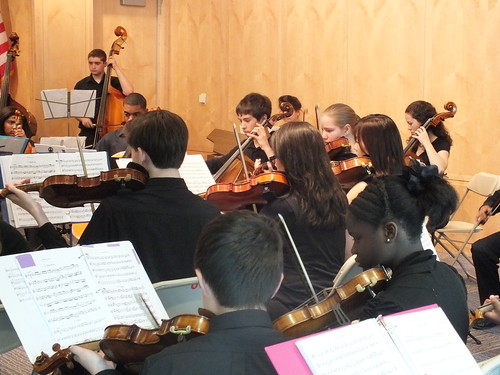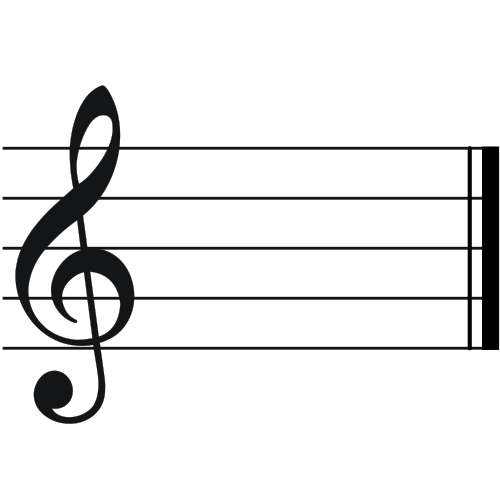I'm often asked the same (or similar) questions again and again by those considering voice lessons, current voice students, and their parents. Do I really need to study voice with a teacher; can't I do it on my own? At what age should my child start lessons? How many lessons do I need? Can you help me sound like a specific singer? Why can't I sing this song? And many, many more.
This is the third post in the series and it deals with staying true to one's own voice. Many students come to lessons with very specific ideas about how they would like to sound. They often have a specific singer or song in their minds, but this can lead to problems down the road.
Why can't I sing this song?
I'm very open to students singing pieces that they love and are interested in. It is very rare that I'll tell a student, "I don't want you to work on this song," especially with the options available to move songs to an appropriate key. When I do, it is usually for one of two reasons. Most of the time, when this happens, I want a student to wait until they have improved technical skills for a difficult piece. Perhaps the range is too large, or maybe it requires skill in leaping larger intervals, or it could have very long phrases that require excellent breath control. In these cases, I'll let the student know that we can revisit the song once s/he has acquired the skill necessary.
Sometimes, however, a song is just not right for a singer because it requires a different sort of voice. For instance, I am not a Wagnerian soprano, so that repertoire is off the table for me (not that I mind all that much). In a futile attempt to sing over the large orchestra I would likely damage my voice. Instead, I'm more suited to Mozart and Handel where the orchestra is not as large and my voice can shine over it. It is important for singers to strive toward their own best sound and not try to become something that they are not, which leads to the next question I hear from singers.
Can you help me sound like a specific singer?
The answer is: I can help you sound your best, but that means not reducing your voice to an imitation of someone else's voice. Everyone is physically unique, so no two voices sound alike. Trying to sound like someone else would mean that you have to go out of the way to change your sound. This can lead to vocal injury. Even if a favorite singer has a healthy voice that is in the same voice type (fach) as yours, s/he may be a good role model, but you will never sound exactly alike - and this is a good thing. If we all sounded alike, the world of singing would be very boring. (I sometimes feel like this is happening a bit, but that's another post, entirely.) I try to redirect students' ideas about sound away from imitation and make it more about genre and style. Is your favorite singer Nora Jones? Let's work on some jazz standards. Do you love Luciano Pavarotti? Let's start with some Italian art songs. This way singers can work in a healthy way towards refining their own unique voices.
Do you have a question you've always wanted to ask a voice teacher? Leave it for me in the comments and I'll try to answer it in a future post.


